AZA Safe Programs
Partnering to Protect Wildlife
The Kansas City Zoo and Aquarium is proud to be active partners in a number of AZA SAFE Programs. These programs called SAFE (Saving Animals From Extinction) focus on the collective expertise found in AZA-accredited zoos and aquariums and then leverages their massive audiences to save species.
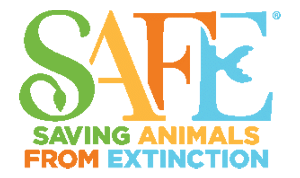
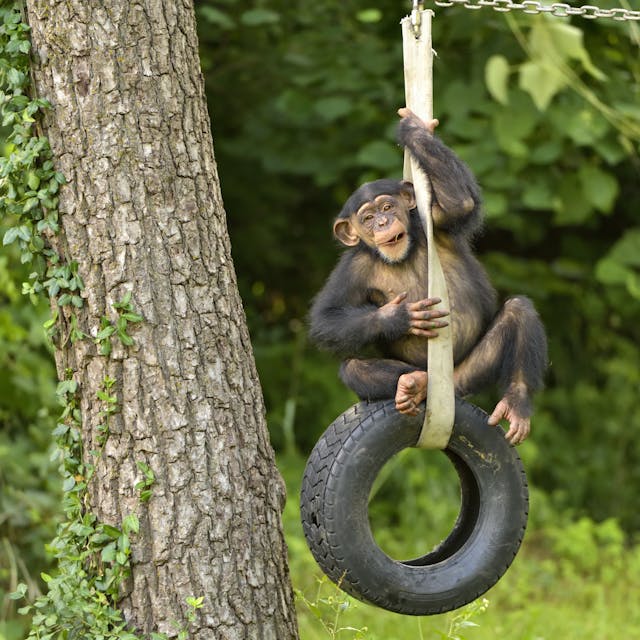
Chimpanzee SAFE
Chimpanzee SAFE aims to improve the population status of all four chimpanzee subspecies through collaborative conservation action, stakeholder engagement, and public awareness
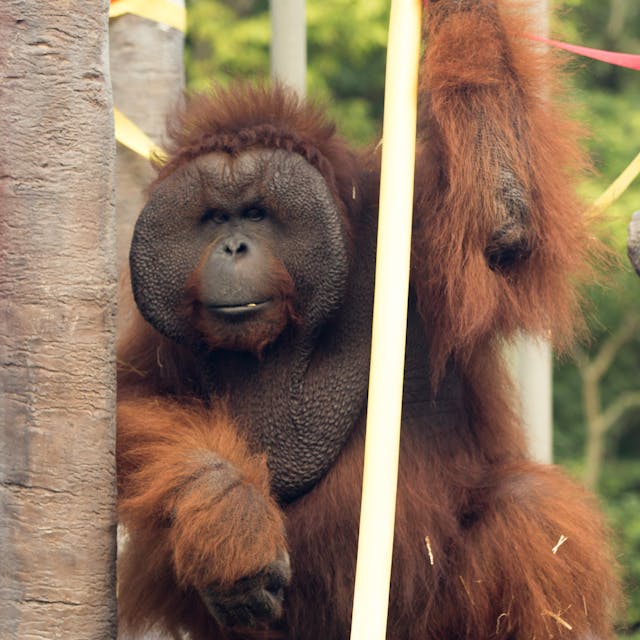
Orangutan SAFE
The Orangutan SAFE program moves beyond the goals of the AZA Orangutan Species Survival Plan (SSP), of which the aim is to manage our captive populations, by focusing specifically on the conservation of the wild orangutan population. The Orangutan SAFE Program aims to protect and restore the wild orangutan population and their habitats through public engagement, funding, and fieldwork.
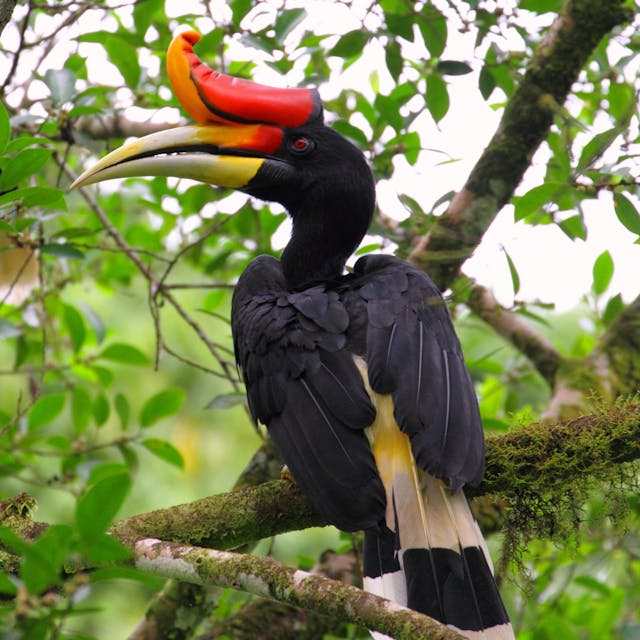
Asian Hornbill SAFE
The Asian Hornbill SAFE Program creates a partnership between the IUCN SSC Hornbill Specialist Group and the AZA community to support the implementation of effective conservation planning and actions to conserve threatened Asian Hornbills and the habitat upon which they depend.

Tree Kangaroo SAFE
The overall goal of the Tree Kangaroo of Papua New Guinea SAFE Program is to contribute to the conservation of tree kangaroos in the wild and support the local communities where the species live in PNG.
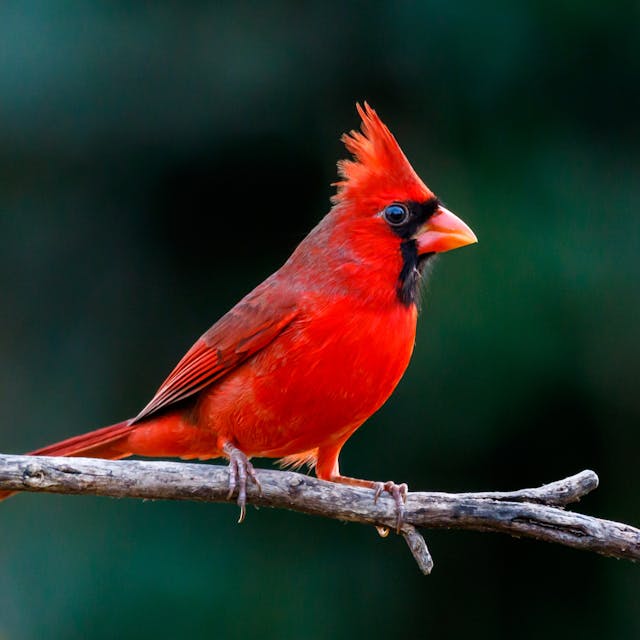
North American Songbird SAFE
Saving Animals From Extinction North American Songbirds (SAFE NAS) aims to reduce the threats to North American songbirds and secure sustainable wild populations of these species throughout their ranges.
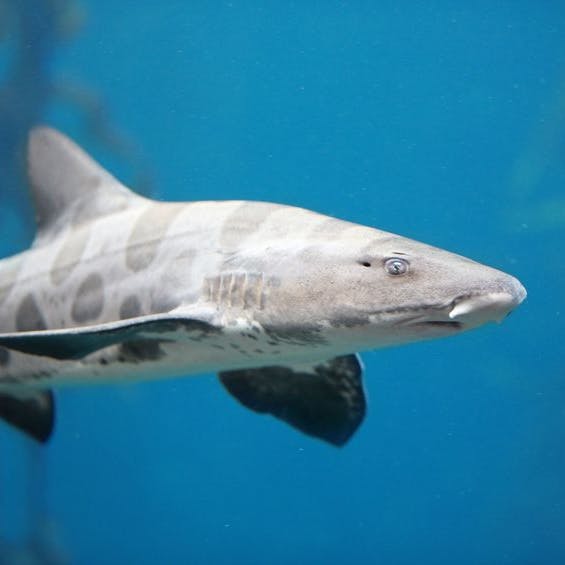
Sharks & Rays SAFE
The overarching goal is to integrate AZA SAFE Sharks & Rays into existing global collaborative efforts to safeguard shark and ray populations.
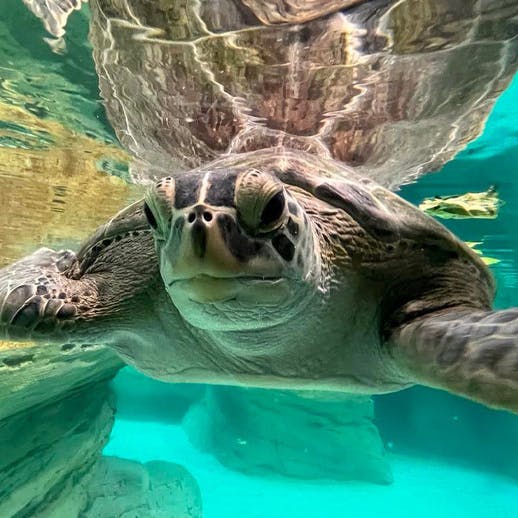
Sea Turtle SAFE
The overall goal of the Sea Turtle SAFE Program is to make significant and measurable contributions to the conservation of sea turtles by utilizing the collective resources (expertise, human capital, material, and financial support) of the AZA community to secure sustainable populations of all sea turtle species.
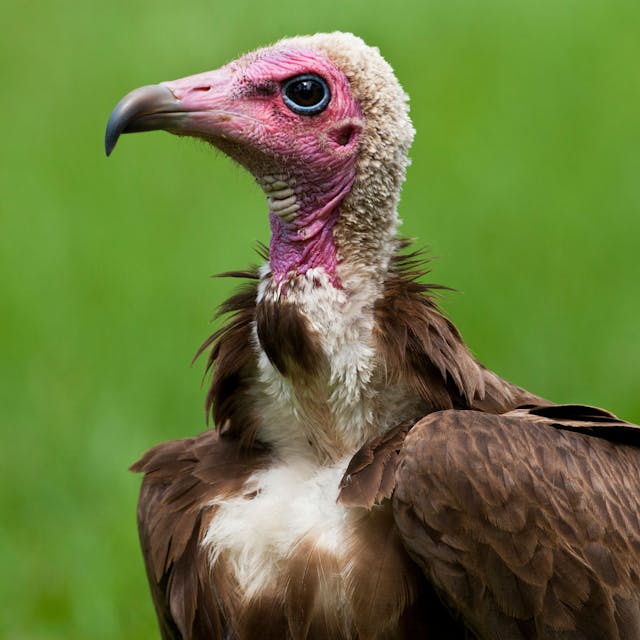
African Vulture SAFE
SAFE African Vulture's goal is to address the threat of poisoning, monitor populations, increase knowledge about vulture population status in current gap areas, and increase public engagement in African vulture conservation both among visitors to AZA institutions and within range-country communities.
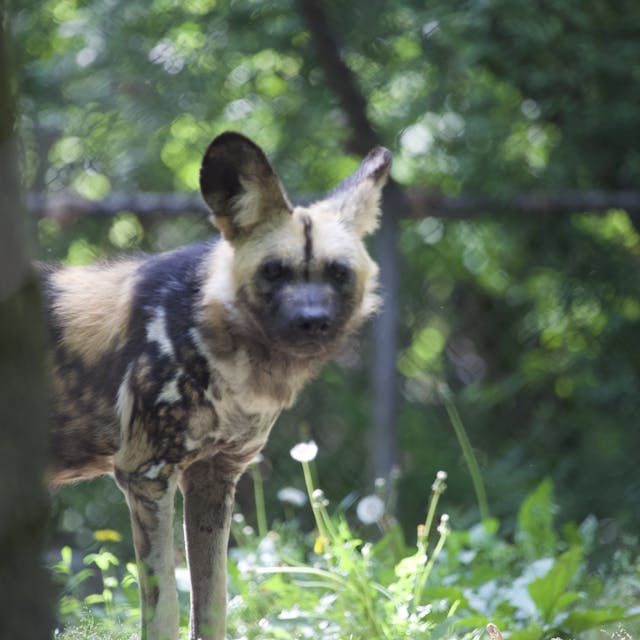
African Painted Dog SAFE
The primary goal of this African Painted Dog SAFE program plan is to increase the impact that AZA institutions have on African painted dog conservation in each of its three regions (East Africa, North/West/Central Africa, and Southern Africa) by increasing conservation support, raising public awareness of African painted dogs in-situ and ex-situ, and building relationships between AZA institutions and key African painted dog field partners.
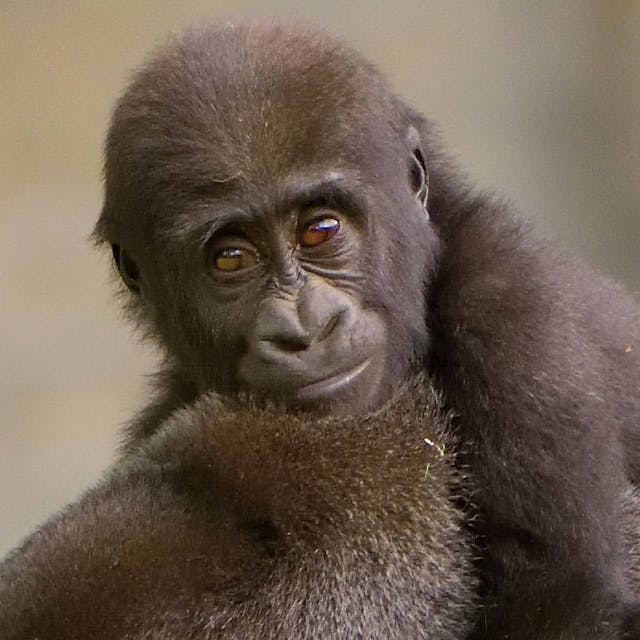
Gorilla SAFE
SAFE Gorilla's goal is to secure sustainable populations of all gorilla subspecies, with a targeted emphasis on protecting the fragile Cross River gorilla populations in Cameroon and Nigeria and halting the rapid decline of Grauer's gorilla populations in the Democratic Republic of Congo.

N.A. Freshwayter Mussel SAFE
This new program recognizes in total 303 freshwater mussel species from the United States and Canada and the urgent need for research, recovery and restoration, education, and advocacy on behalf of these vital indicator species for freshwater ecosystems.
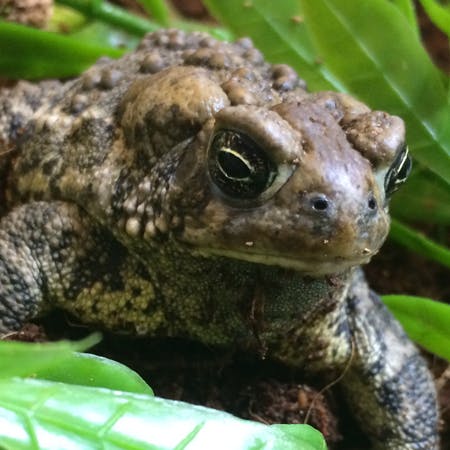
Wyoming Toad SAFE
SAFE Wyoming Toad builds upon AZA members’ long history of commitment to Wyoming toad ex situ breeding and reintroduction through collaborative partnerships with U.S. Fish and Wildlife Service, regional partners and other vital voices.
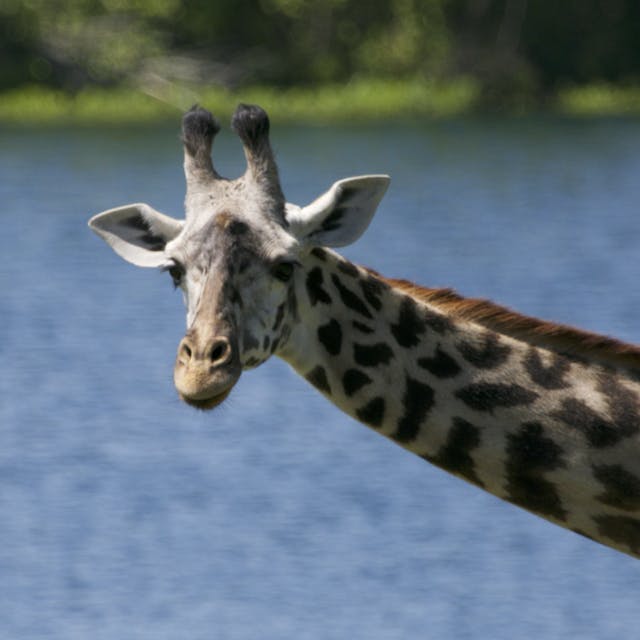
Giraffe SAFE
SAFE Giraffe's goal is to support giraffe conservation by demonstrating measurable positive impacts of AZA members on the conservation of giraffe, increasing the number of AZA members that support field conservation, ensuring the stability of conservation programming, and engaging the worldwide zoo community and increase overall support.